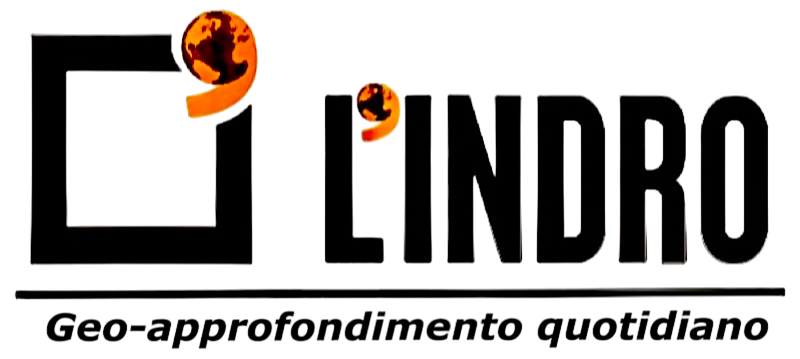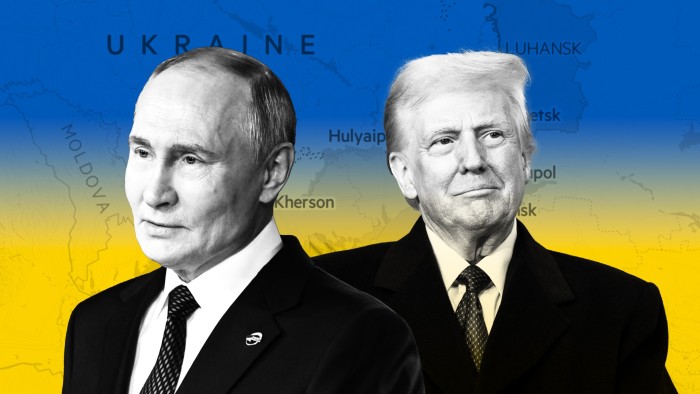The American president, the alleged peacemaker, is opening the door to the aggressor power to consolidate his achievements without major concessions. It’s an appeasement taken to the extreme
The forthcoming Trump-Putin summit in Alaska could be many things: the end of a war, the start of a warmer era in US-Russian relations, the end of US sanctions on Russia, and more. But one thing it will not be: the beginning of a more stable future for Ukraine.
Rick Wilson and others have compared it to the Munich meeting in 1938 when British Prime Minister, the widely unlamented Neville Chamberlain, France, and Italy to cede the Sudetenland to Hitler’s Germany. The rest of Czechoslovakia soon followedas Germany, Poland, and Hungary gobbled up the rest.
The two leaders have kept Zelensky far away from the meeting room, much further in fact than Czechoslovak leader Edvard Beneš was on 29 September 1938 when his country was being carved up.
Trump has already spoken of border changes and land transfers. At a minimum, one suspects, he and his Russian counterpart will agree that Crimea, Donetsk, and Luhansk should be ceded to Russia. The argument will be that Russia is largely in control of all three regions, though significant chunks of Donetsk are still in Ukrainian hands.
Putin, the aggressor, has also claimed control of about 74% of Kherson and Zaporizhzhia regions, though Ukraine retains the major cities. No doubt the two leaders, one a convicted felon and the other a war criminal, will engage in a lengthy debate over their future.
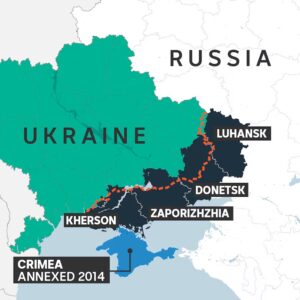
Should Putin pull out Russian troops, they will not go far, awaiting the next opportunity to continue their rapacious conquests. But Trump would extol such a move as proof that his counterpart is flexible, willing to negotiate, and even concede territory that Putin considers historically Russian land.
Yet that is the most Ukraine—which has not been invited to the summit—can hope for. More likely, Putin will insist that the lands currently occupied, other than small sectors of Sumy and Kharkiv regions, will remain in Russia hands.
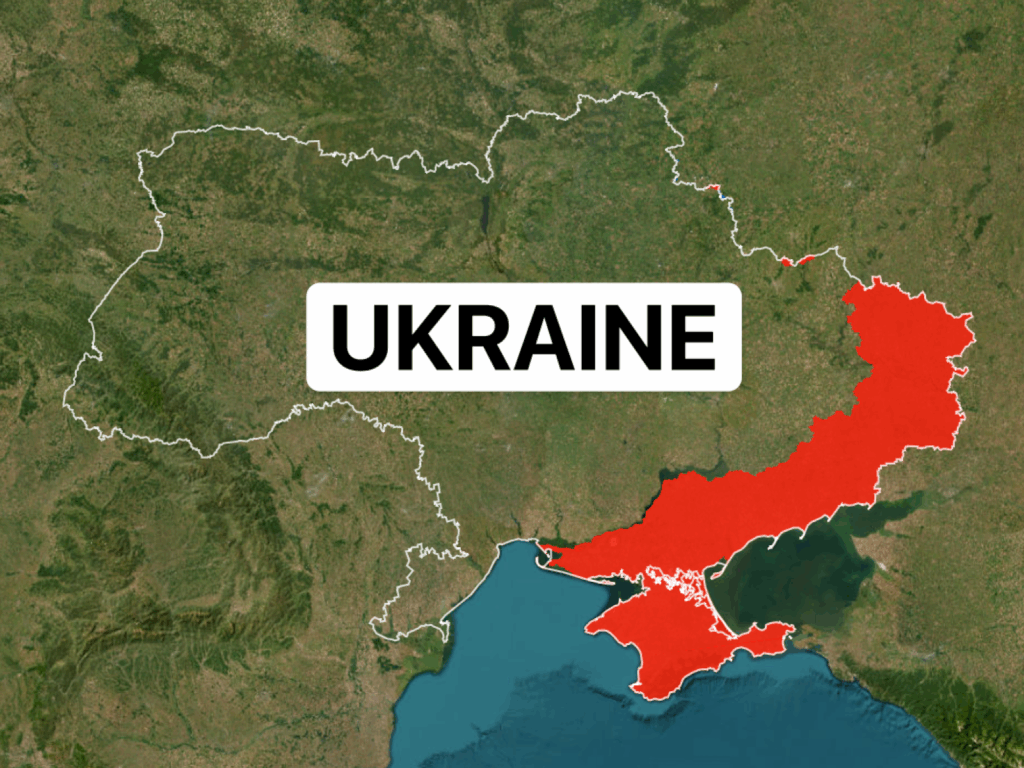
And should Zelensky—which is highly unlikely—try to convince his parliament and the Ukrainian public that he should agree to such a deal, the outrage he would incur would doubtless end his political career.
But should Ukraine continue to pursue a military solution to the Russian occupation, other powers would likely offer stern warnings: China, Turkey, Hungary, perhaps Slovakia, and most importantly the United States.
That would leave the remaining countries of the European Union: the United Kingdom, Australia, and Japan; whose support, while significant, would not be enough in the short term to prevent a Nazi-style advance of Russian troops should Ukraine refuse to sign a peace agreement.
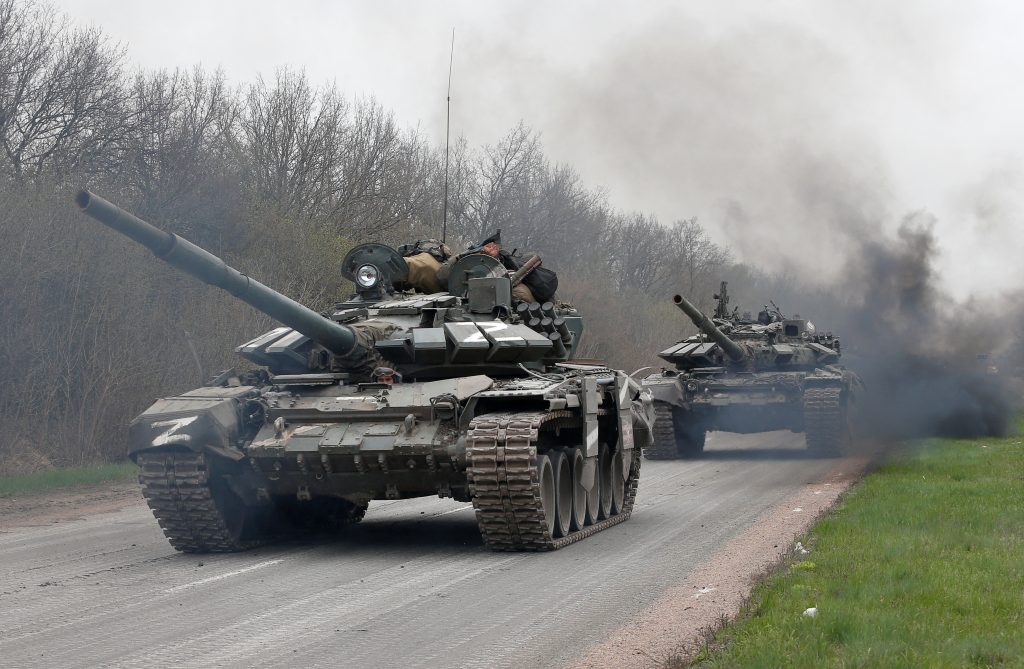
The pro-Ukraine states could form an alliance outside the NATO alliance since the United States, the de facto leader of NATO and by far the leading military power, would withdraw from the alliance arguing that it has always been directed primarily against a government based in Moscow.
The Alaska summit, in short, is Putin’s victory. It cannot be seen otherwise. Trump, the alleged peacemaker, is opening the door to the aggressor power to consolidate its conquests without any major concessions. It is appeasement taken to the extreme.
One can dismiss the American president as ignorant and largely clueless about the territory he is trying to force Ukraine to concede. The fact remains that he is the most powerful figure on the globe. He is in a unique position to end the war in a more logical fashion, namely demanding that Russia withdraw from all of Ukraine.
Ukraine, likely, will not be allowed to join NATO and forced to “demilitarize.” Its government will be replaced by one more amenable to Putin and the Security Council.
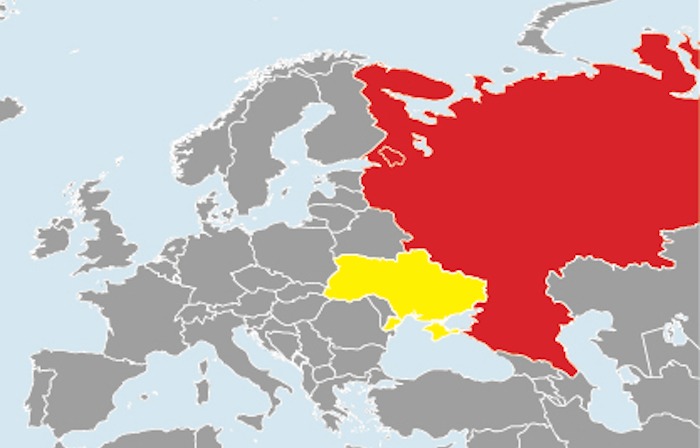
Instead, the outcome will be an expanded Russia in Europe. The same situation occurred in the spring of 1945, this time with Allied support as Adolf Hitler’s Nazi empire was perceived as the greater evil.
The United States’ troops eventually arrived in Berlin by the summer of 1945, and that city, like Germany was divided between the four victorious powers. Had US troops not been present, the Soviet army would have taken all of Germany. Stalin would have been the master of Europe.
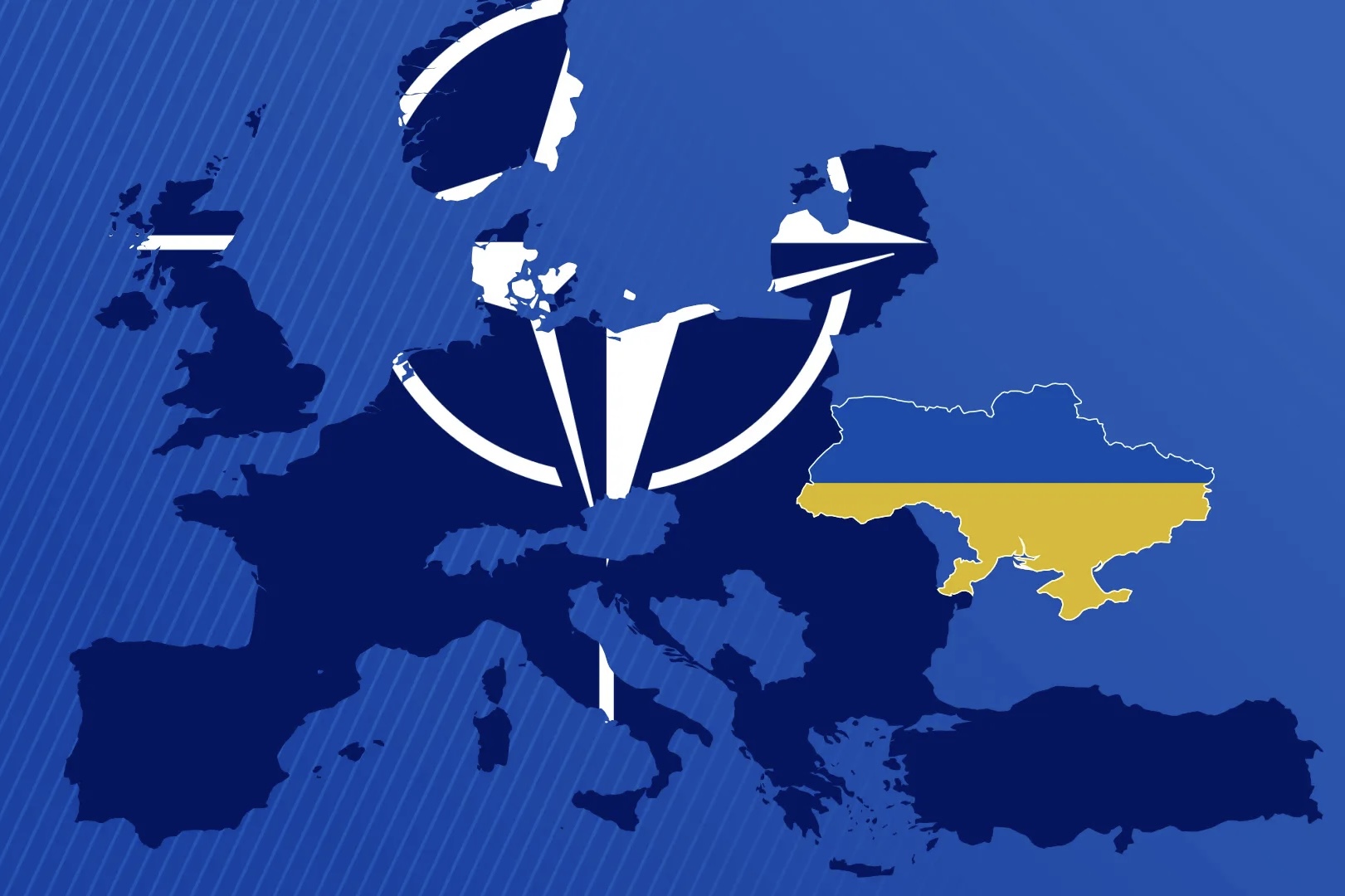
In 2025, the door is wide open once again. Without the United States, without NATO, Russia would be the dominant power in Europe. Ukraine’s existence is in peril, without any security guarantees. The Baltic States, Georgia, Moldavia are all in the same predicament. Belarusian dictator Aliaksandr Lukashenka is already a Putin acolyte.
And Trump, the supreme narcissist, will get the Nobel Peace Prize, matching that of his hated 2016 predecessor Barack Obama, end military support to Ukraine, abandon NATO, and discard those other tiresome organizations like the G7 and NORAD, to bask in an orgy of self-adulation, surrounded by sycophants, in his own authoritarian homeland
